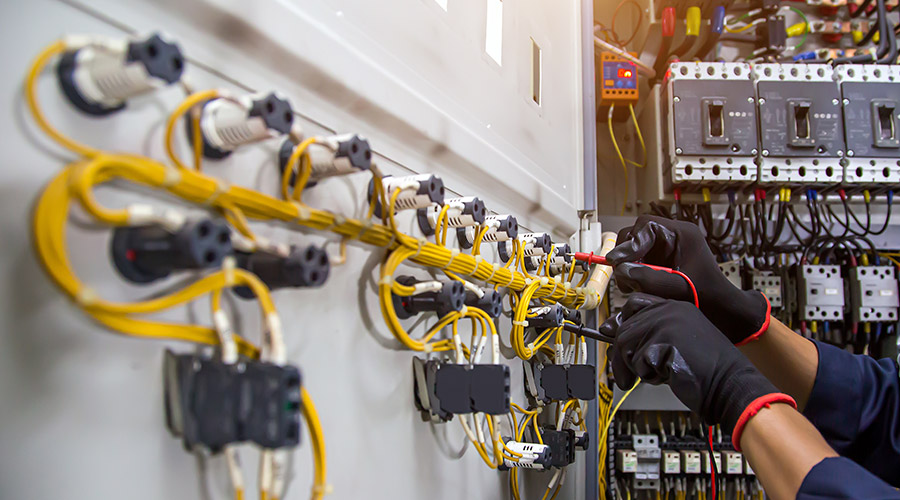Roppe Holding Company (RHC), the parent company to commercial flooring companies Roppe and Flexco, announced that most of their resilient stair tread installations no longer require epoxy nose filler.
“We recognize that distributors and installers value three performance attributes from their manufacturer partners above all else: design aesthetics, quality and ease of installation. While the market recognizes RHC flooring companies for their continuous commitment to all three, eliminating the need for epoxy nose filler is going to be recognized by the professional flooring community as a significant benefit,” stated Brent Fike, RHC’s General Manager of Technical Services.
Green building guidelines are continuously pushing the envelope to make buildings more efficient and healthier for occupants. Holistic scrutiny of the elements that go into the building is at the heart of RHC’s design process. RHC offers a variety of resilient stair treads including Vulcanized Rubber Stair Treads, which are formulated with ingredients that do not appear on the Red List of chemicals published by the International Living Futures Institute. However, epoxy nose fillers are formulated with ingredients that appear on the Red List. In addition, epoxy nose fillers are commonly formulated using chemicals that appear on California’s Safe Drinking Water & Toxic Enforcement Act of 1986, commonly known as the California Prop 65 list. Excluding the additional step from the installation process will not only drive down total project costs, it will also provide a safer choice to Architects and Specifiers to build tomorrow’s buildings with reduced chemical hazards.
RHC resilient stair treads have always been designed to fit stair nosings snugly using quality workmanship and materials. However, through consistent advances in design and engineering systems, stair treads produced in 2018 and beyond no longer require epoxy nose filler on most installations.
 All Eyes on Gen Z as They Enter the Workforce
All Eyes on Gen Z as They Enter the Workforce Cleveland Clinic Starts Fundraising Effort for New Hospital in West Palm Beach
Cleveland Clinic Starts Fundraising Effort for New Hospital in West Palm Beach Cultivating a Workforce in the Face of Skilled Trade Shortages
Cultivating a Workforce in the Face of Skilled Trade Shortages Prime Healthcare Acquires 8 Ascension Hospitals in Illinois
Prime Healthcare Acquires 8 Ascension Hospitals in Illinois Charging Ahead: Incentives Driving EV Charging in Healthcare Facilities
Charging Ahead: Incentives Driving EV Charging in Healthcare Facilities